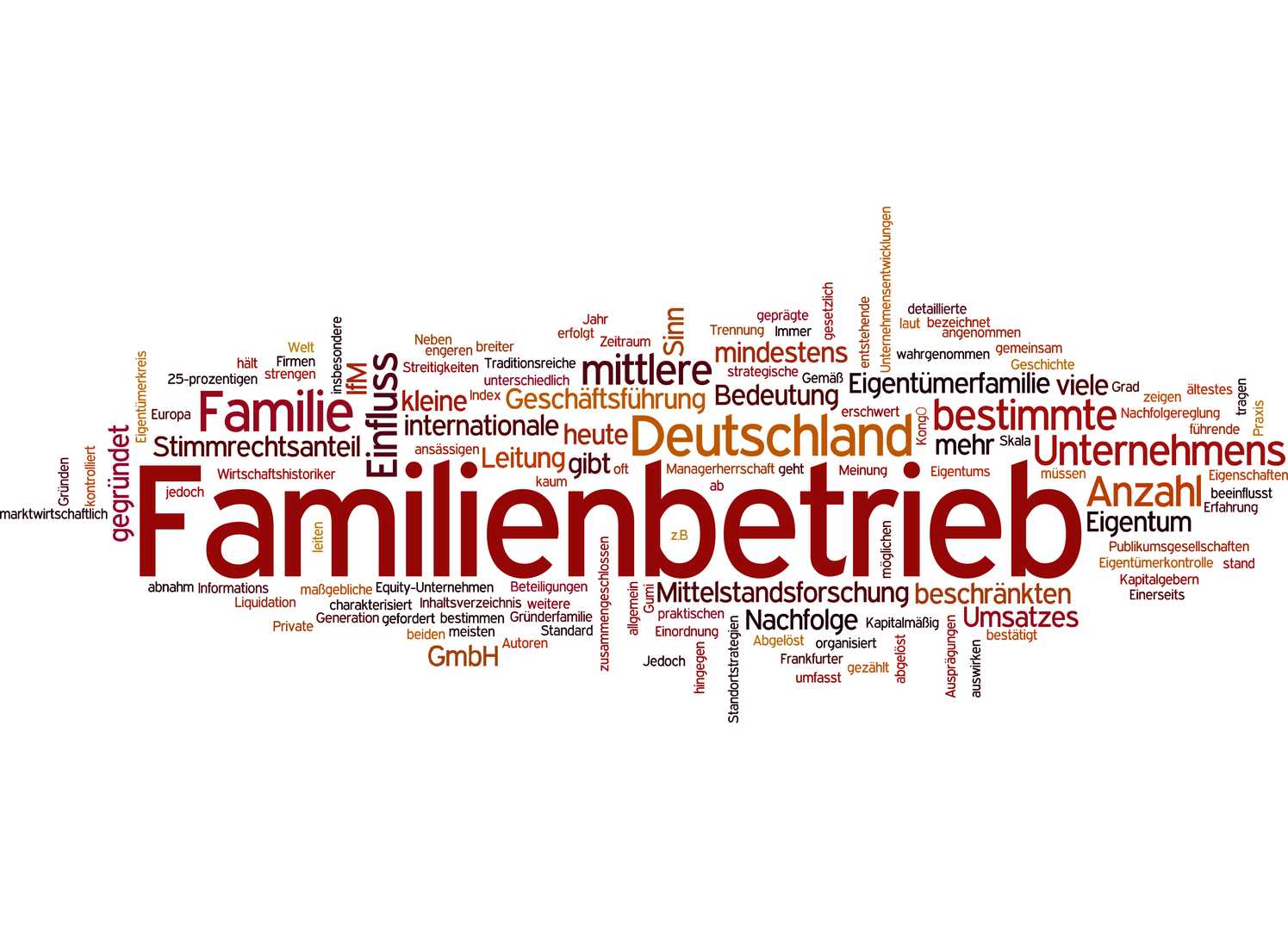Roundtable Mittelstand urges a shift towards strategic foresight rather than continuing with reactive, ad hoc policymaking
"According to a recent short survey, the vast majority of managing directors in Germany’s Mittelstand sector are calling on the new federal government to ensure reliable and consistent policy frameworks – and to refrain from excessive regulatory steering. This applies in particular to the ecological transformation. But the fundamental necessity of this transformation is not being questioned", said Professor Dr Dr h.c. Friederike Welter (IfM Bonn/University of Siegen) in her opening today at the annual Roundtable Mittelstand in Berlin. This time, around 30 representatives from research institutes, business associations, the KfW banking group, the Federal Ministry for Economic Affairs and Energy and the Ministry for Economic Affairs, Industry, Energy and Climate Protection of the State of North Rhine-Westphalia discussed the question of what SMEs expect from the next federal government.
Long-term strategic economic policy
"More predictability, more planning security, and a stronger appreciation for entrepreneurship – these are not the only factors, but it is essential for a climate in which investments and innovations can flourish", said Holger Schlienkamp, the Deputy Director-General at the Federal Ministry for Economic Affairs and Energy responsible for SME policy.
Given the complexity of current and future challenges, reshaping and advancing the regulatory framework will be anything but easy for the next federal government. "This requires a clear, targeted economic strategy with long-term reforms at its core. The future federal government should avoid ad hoc measures that not only contradict the principles of a rules-based market economy, but also hinder SME from leveraging their inherent strengths," said Dr André Pahnke (IfM Bonn). "SMEs must now rely on sustainable public finances and social security systems, market-compatible control instruments, reliable regulation, open innovation cultures and freedom according to the motto ‘relief instead of support‘", added Professor Dr Hans Jörg Hennecke, CEO of HANDWERK.NRW. SMEs should therefore not see themselves primarily as objects of politics in need of support, but should confidently see themselves as drivers and initiators of innovation, growth and prosperity.
Dr Volker Zimmermann of KfW Development Bank reported that since the mid-2000s, there has been a noticeable downward trend in innovation activity among SME (defined as companies with annual revenues of up to € 500 million). He identified three key barriers contributing to this development: "First, financing innovation poses a significant challenge for many SME. Unlike investments in tangible assets, innovation is primarily funded through internal resources rather than bank loans – which are otherwise widely used in the Mittelstand sector. Second, the shortages of skilled labour has become much more pronounced over the past decade. More than 50 % of innovative firms now face serious difficulties in filling positions. Third, innovation activity in the Mittelstand is closely tied to a company’s strategic orientation. To unlock the full innovation potential, we must raise awareness of the importance of strategic thinking", Zimmermann emphasised.
Keep an eye on smaller companies
In recent years, increasingly regulations have become a significant locational disadvantage for micro enterprise in Germany, according to Dr Matthias Mainz (IHK NRW). “A noticeable reduction in bureaucracy and a more efficient digitalisation of administrative services are essential to restore the competitiveness of Germany as a business location and to driving forward the necessary transformation,” said Mainz. The managing director of the IHK NRW therefore called on the future federal government to take a new systematic approach to reorganising the bureaucratic rules.
Dr Meike Stephan (University of Siegen) sees a major reason for the fact that smaller companies have been less able to contribute their economic interests and professional expertise to politics in the past as being their limited resources: "Lobbying is an important instrument of political participation in democratic societies – including for enterprise. When designing rules for lobbying, t is important to consider the differences between companies, for example with regard to their resources", Stephan stated.
